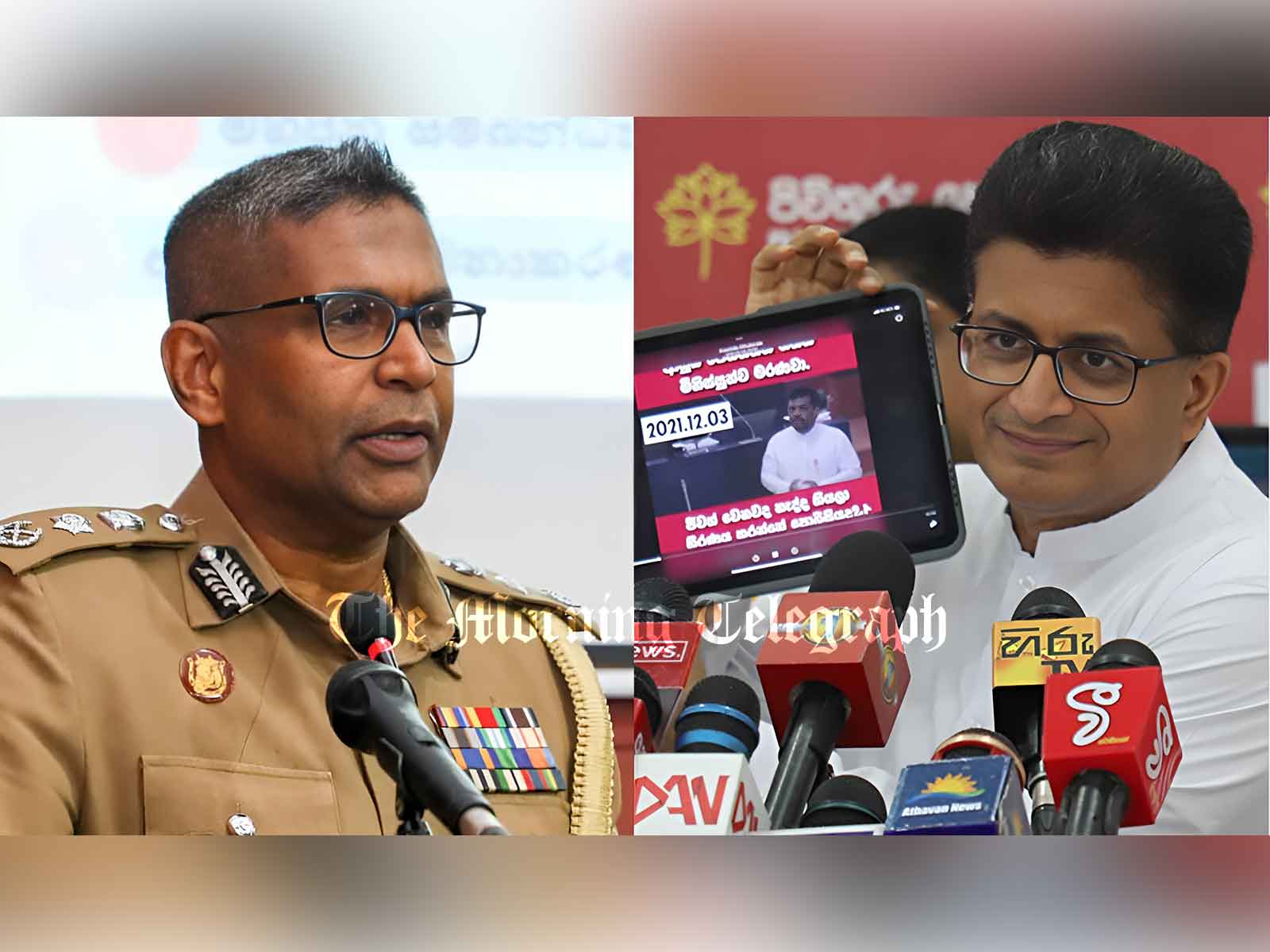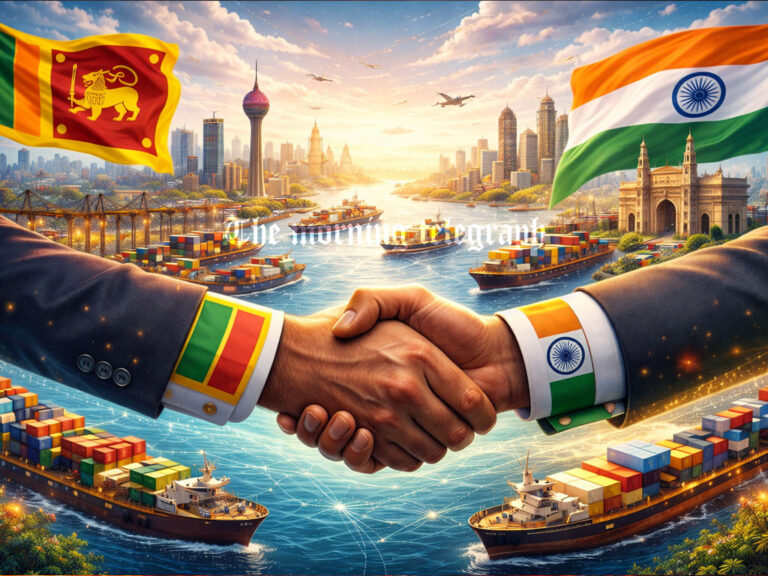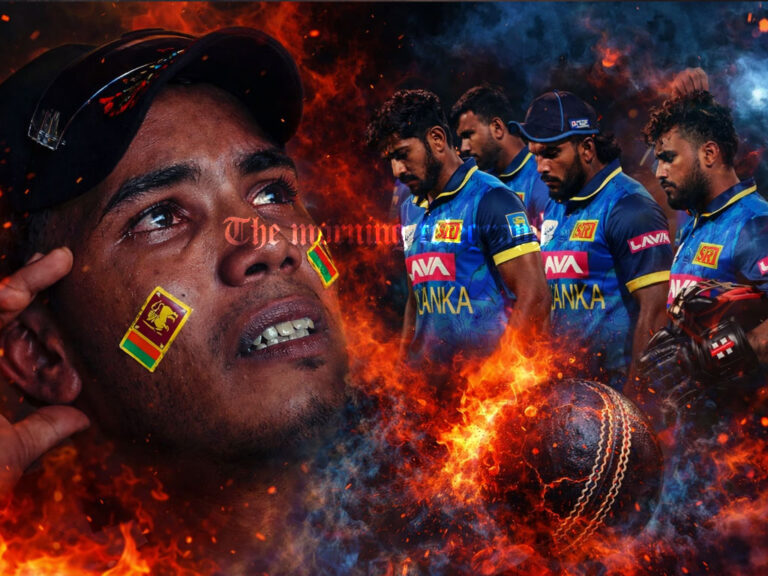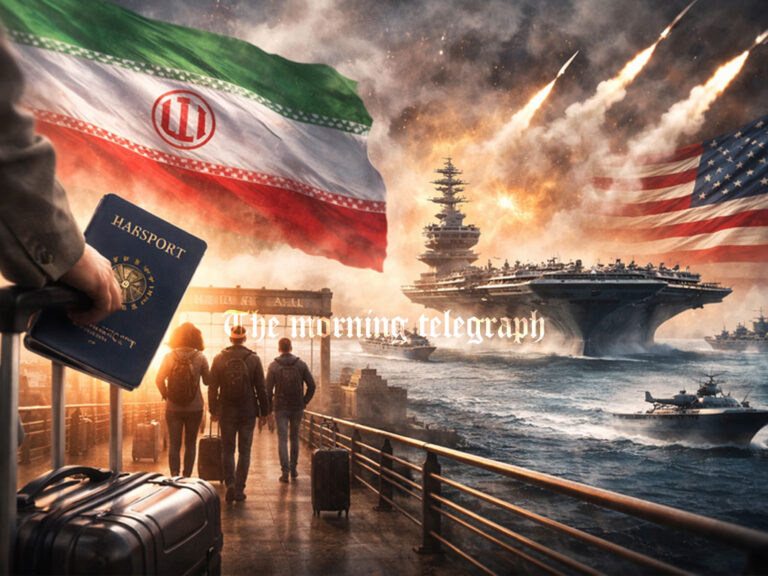
At a media conference held by the Pivithuru Hela Urumaya, party leader and attorney Udaya Gammanpila raised concerns over the possible involvement of the Acting Inspector General of Police (IGP) in the murder of Ganemulla Sanjeewa.
Speaking at the conference, Gammanpila referenced a statement made by the Acting IGP, in which he admitted to receiving intelligence regarding an assassination attempt on Sanjeewa when he was scheduled to appear at the Gampaha court. As a result, arrangements were made for Sanjeewa to participate in the court proceedings via Zoom technology instead of being physically present. Gammanpila questioned why, despite being aware of the threat, the IGP failed to take adequate precautions when Sanjeewa was later transported to the Aluthkade Magistrate’s Court in Colombo, where he was ultimately killed.
“If the police had foiled the attempt in Gampaha, it does not take much intelligence to realize that the attackers would try again when he was taken to Colombo. Why did the IGP fail to prevent it? This raises serious suspicions about his involvement in the assassination,” Gammanpila stated.
He also questioned who was currently investigating the IGP, asserting that the responsibility lies with the Secretary to the Ministry of Public Security, Ravi Seneviratne. However, Gammanpila criticized Seneviratne for his alleged failure to act on intelligence warnings prior to the 2019 Easter Sunday attacks, arguing that this makes him an unsuitable authority to conduct a credible investigation into the IGP’s conduct.
Gammanpila accused the police of staging extrajudicial killings under the guise of self-defense. “It is a long-standing practice of the police to claim that suspects tried to grab their weapons, forcing them to open fire in self-defense. This is a narrative we have heard many times before,” he said.
During the conference, Gammanpila played a video of a past speech by President Anura Dissanayake, made when he was in the opposition, in which he strongly criticized such police actions. “In a civilized society, neither the IGP nor the Police Minister has the right to decide who should live and who should die. That is the responsibility of the judiciary,” Dissanayake had said at the time.
Gammanpila questioned whether the current Police Minister was defying the President’s stance, given that the same pattern of police shootings is continuing under the current administration. “If this continues to happen under his government, does it mean that the President has no control over the Police Minister?” he asked.
He also ridiculed the frequent claims that suspects always attempt to seize weapons while in police custody. “Why is it that these underworld figures, who are supposedly highly experienced in criminal activities, always make the fatal mistake of trying to grab a police officer’s weapon? Why does this always happen at night? Why are there no survivors to confirm these incidents?” he asked.
Gammanpila warned that the same methods could be used against government critics. “If tomorrow, I am accused of involvement in Sanjeewa’s killing, taken to ‘show weapons,’ and shot dead in the process, who will be held accountable? This government is eliminating threats under the pretense of police operations,” he claimed.
He also referenced a 2023 Supreme Court order requiring the IGP to establish guidelines for taking suspects to locate weapons. The order mandated that all such operations be fully recorded on video. “If the police followed this directive, there should be a complete video recording of the events leading up to Sanjeewa’s death. Where is that footage?” Gammanpila asked.
Failure to follow the Supreme Court’s directive, he warned, would constitute contempt of court.
Gammanpila also criticized the IGP’s comments about the National Police Commission, accusing him of misrepresenting its authority. The IGP had claimed that the commission’s role was limited to handling public complaints and misconduct cases. However, Gammanpila cited Article 155G of the Constitution, which grants the commission authority over police promotions, transfers, and disciplinary matters, with the exception of the IGP himself.
He urged the IGP to familiarize himself with the Constitution before making inaccurate statements. “If the IGP believes that the Police Commission’s authority over transfers is problematic, he should challenge the President and the Foreign Minister who enshrined these powers in the Constitution, rather than blaming the commission,” he stated.
As calls for greater transparency and accountability within the police force grow, it remains to be seen whether the government will respond to these allegations.




